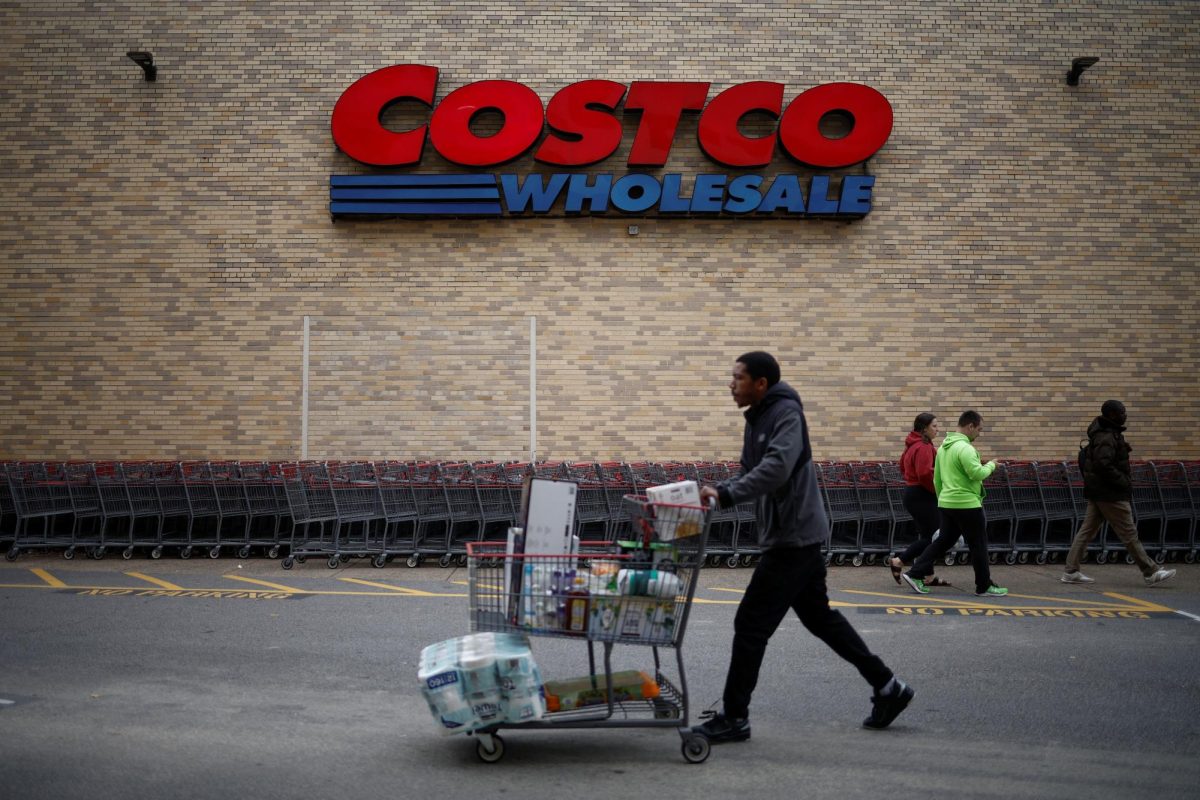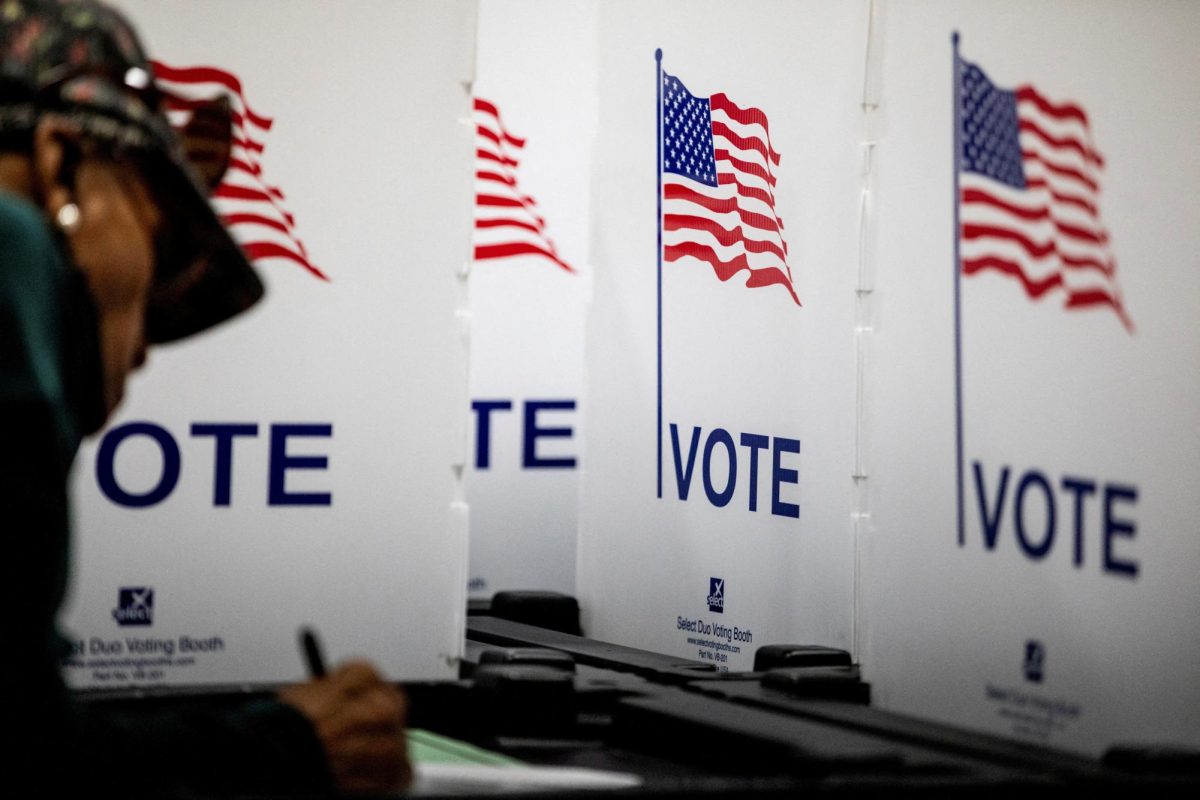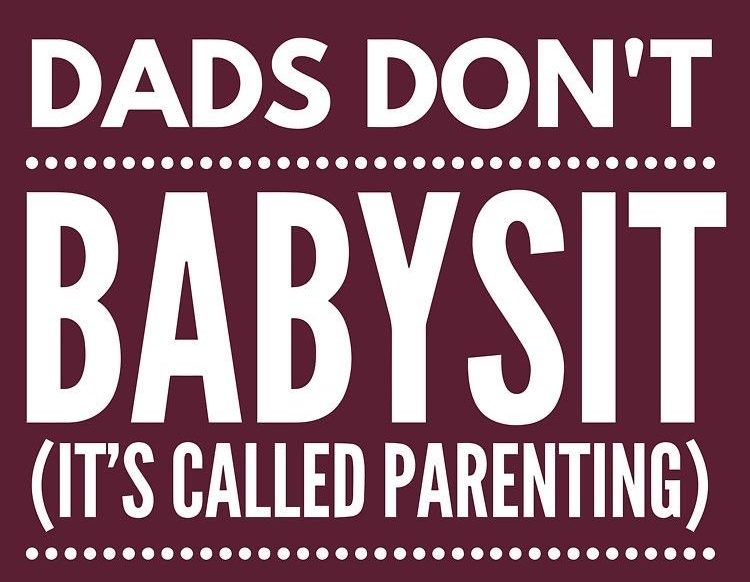Throughout these past years, the world and of course the economy have undergone dramatic shifts, influencing almost every aspect of daily life. These changes for the student body and families of those lives are especially affected by the constantly changing economic policies, inflation, job markets, and education systems. In this essay, I’m going to explain how economic changes and challenges have impacted students and families in terms of financial pressures, education, work-life balance, and social mobility.
In recent years, families have faced rising financial pressures. From inflation to salary/wages, they’ve stagnated while the cost of living, especially housing and healthcare, has increased. The economic difference between the wealthy and the rest of the population has also widened, worsening income inequality. This has had a direct impact on students’ lives, as many families are struggling to make ends meet. This price may make families, not only parents, pick up multiple jobs. For students, these financial challenges are seen in a variety of ways. For example, the cost of tuition has risen exponentially, with student debt in the U.S. exceeding $1.7 trillion. Many individuals deem higher education increasingly out of reach without taking out significant loans. This often results in students postponing their education or opting for more affordable but less prestigious institutions, affecting their long-term career prospects and financial stability, also of course, affecting their wants. These problems all begin to pile and surface as students begin their careers with massive financial burdens. Graduating with large amounts of student debt limits their ability to make major life choices, such as purchasing a home, starting a family, or investing in their future. Not only has this caused financial problems for students, but mental health challenges, with recent years ’ studies showing higher rates of anxiety and stress for teens.
The economy has made balancing work and family life increasingly difficult for many people. Parents, especially those in lower-income households, are working longer hours or multiple jobs to keep up with the rising costs of living, as I said previously. This has led to significant changes in the home environment. Children may experience a lack of parental engagement due to their parents’ demanding work schedules, while parents struggle to maintain a healthy work-life balance. Money may not even be able to go towards student/kids support. For students, the pressure to perform academically, participate in extracurricular activities, and secure internships has intensified. The drive for success and financial pressures have led to an increase in mental health issues among young people. The World Health Organization has noted that mental health disorders such as anxiety and depression are becoming more prevalent among students. As the competitive pressure to excel continues, students are faced with the double burden of achieving academically while worrying about their financial future. Parents, meanwhile, experience their own form of stress, particularly in families with multiple children or those living paycheck to paycheck. The rising cost of childcare, healthcare, and education means that many families must make difficult choices about how to give limited resources. This financial strain can affect family relationships, emotional well-being, and overall quality of life.
Another significant change in the economy is the evolving role of education as a means of achieving upward social mobility. In earlier years, a high school diploma or college degree could lead to a stable career and standard of living. However, in today’s economy, the value of education has become more complicated. While a degree is still important, it is no longer the sole determinant of success. For many students, the rising cost of tuition and the uncertain job market mean that a degree may not provide the return on investment it once did. This has led to increased competition for well-paying jobs, as it’s needed to provide necessities. It’s led to the rise of alternative education models, such as online courses, boot camps, and vocational training, which offer more affordable and flexible ways to build skills. Access to education and experience has been closed off, or has become so difficult to obtain that futures are insecure.
In summary, the changing economy has had a huge impact on the lives of students and families. Financial pressures, rising education costs, and an increasingly competitive job market have made it harder for families to maintain economic stability. Students face greater challenges in accessing quality education and navigating the complexities of the modern-day work environment. The shift in the economy has also led to increased mental health struggles, as both parents and students deal with the demands of balancing work, school, and relationships. Despite these challenges, however, there remain opportunities for social mobility, particularly through alternative education and skill development programs. The future will likely see a continued evolution of the economy and its effects on the lives of students and families, and it will be critical for policies to adapt to address these challenges.










